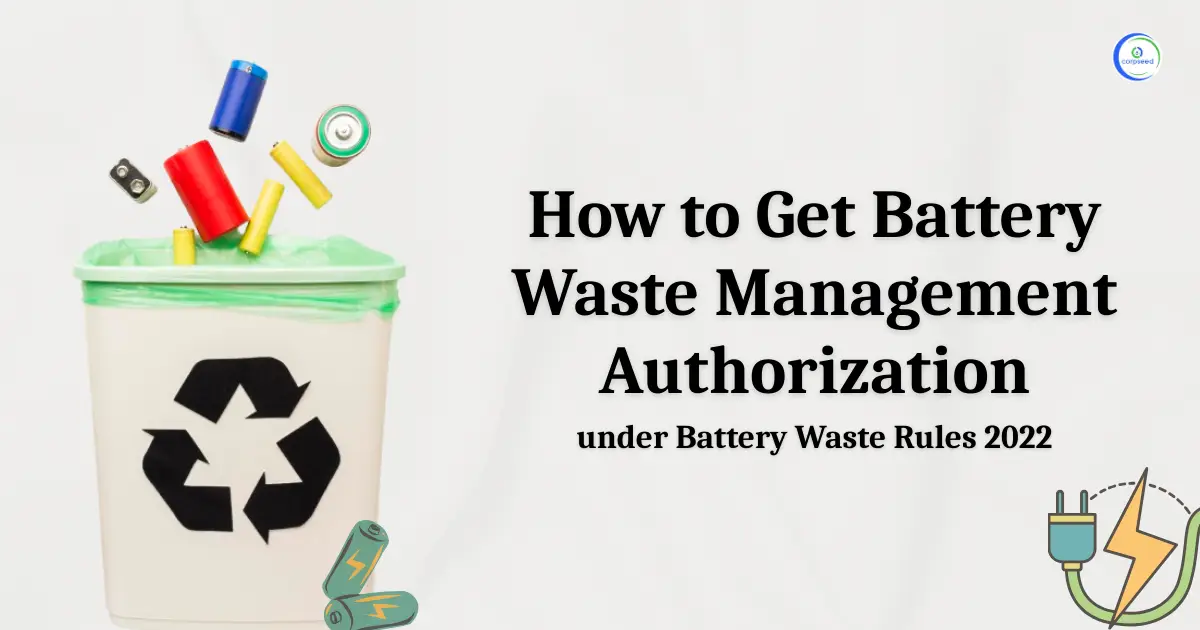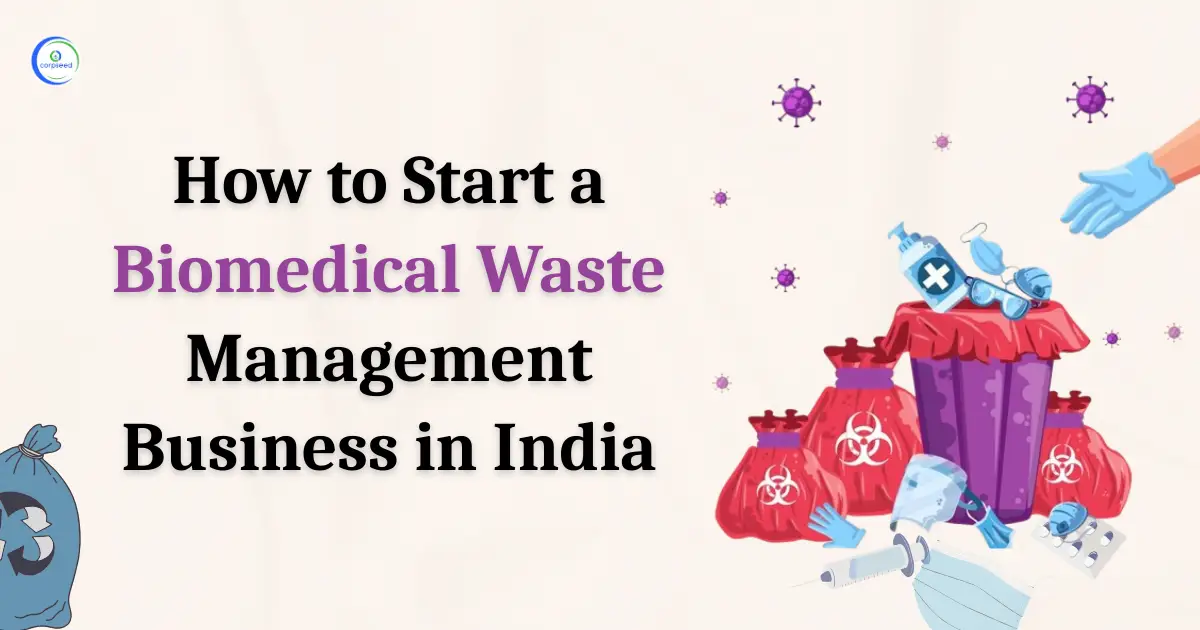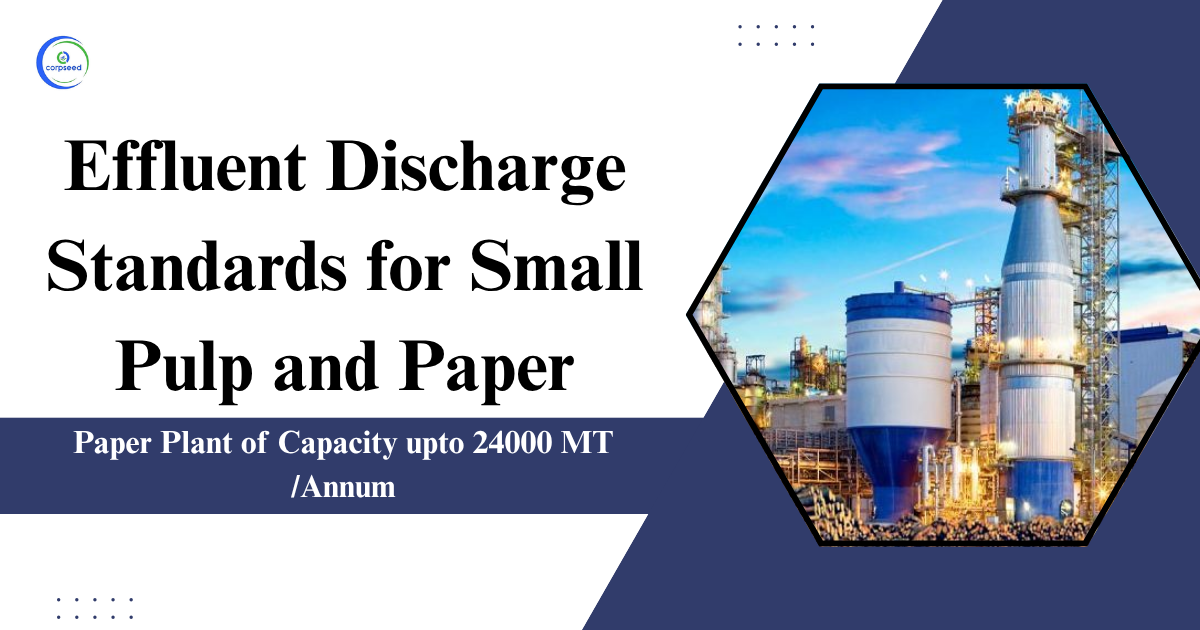Introduction
Electronic waste, or e-waste, is the term used to depict abandoned electronic equipment and devices, for instance, computers, telephones, contraptions, and other equipment. Due to its effects on the environment and human prosperity, the making of e-waste has emerged as an overall concern since development is making at a rate never seen before. Biological systems and human wellbeing are in peril when dangerous mixtures are delivered because of ill-advised e-garbage removal. Reusing, reasonable removal methods, and suitable administration rehearsals are important to resolve the issues with e-squander.
Table of Contents
--------------Blog Contact Form-------------
The endorsement of materials, particularly plastics, has come into more focus with regards to RO (Turn around Assimilation) water refinement frameworks. Plastic parts are frequently used in building RO water purifiers; thus, it's important to ensure they meet environmental regulations. To reduce the negative effects on the environment, governments and regulatory agencies worldwide have been putting policies into place to permit and control the use of plastics in water purification devices. This entails encouraging the use of environmentally friendly products, supporting recycling programs, and establishing rules for appropriate disposal. There is a deliberate attempt to match water purification technologies with sustainable behaviors, contributing to a healthy earth for future generations by integrating plastic authorization for RO water purifier equipment.
Importance of E-waste and Plastic Authorization for RO Water Purifier Machines
In the quickly changing technology scene, there is an urgent need for sustainable and ecologically friendly methods, which is why e-waste and plastic authorization is important for RO water purifier equipment. Because it contains potentially dangerous components, e-waste discarded electronic devices pose a serious environmental risk. We can reduce pollution to the environment and protect public health by regulating and permitting the recycling and disposal of e-waste.
Similarly, minimizing the environmental impact of these necessary appliances depends on plastic licensing for RO water purifiers. If not effectively managed, plastics used in producing RO systems can contribute to pollution and marine debris. By encouraging the use of materials that are recyclable, biodegradable, or less damaging to ecosystems, the authorization of particular types of plastics guarantees respect to environmental requirements. This authorization procedure promotes the advancement and use of sustainable water filtration technologies while acting as a proactive response to the negative environmental effects of plastic waste.
A more sustainable and ethical approach to technology is made possible by the permission of plastic and e-waste for RO water purifier equipment. This permits innovation to coexist with environmental preservation and ensures a healthier future for the world and its inhabitants.
Advantages of E-waste and Plastic Authorization for RO Water Purifier Machines
There are many benefits to e-waste and plastic authorization for RO water purifiers in encouraging environmental health, sustainability, and responsible consumerism. First, we can lessen soil and water pollution by controlling the recycling and disposal of e-waste. This will stop dangerous materials from being released into the environment. E-waste management that is done correctly also makes it easier to recover important resources, which lessens the need to extract raw materials and lowers the total environmental effect of producing electronic devices.
The environmental impact of plastic trash is lessened when RO water purifier units are authorized to use plastic. Requiring approved plastics guarantees adherence to environmentally friendly guidelines and promotes using recyclable and environmentally friendly materials. As well as resolving the issue of plastic contamination, this advances a roundabout economy in which assets are reused and reused as opposed to being discarded as trash.
Furthermore, these authorizations promote advancing more environmentally friendly technology by encouraging creativity in the production process. Incorporating environmentally conscious components and conscientious disposal methods into RO water purifier machines fosters a conscientiousness for the environment, yielding favorable outcomes for consumer conduct and business procedures. To summarize, the permission of plastic and e-waste for RO water purifier equipment is essential for promoting sustainable development, resource conservation, and environmental stewardship.
EPR Authorization for E-Waste
Extended Producer Responsibility (EPR) consent for e-squander is planned to move the administration of electronic garbage from buyers and districts to the organizations that make electronic merchandise. EPR expects makers to be responsible for the entire life pattern of their items, including reusing and removal.
State-run administrations and administrative organizations guarantee makers utilize naturally cordial cycles to deal with the finish-of-life items they bring to showcase by commanding EPR approval for e-squander. This license imposes responsibility on manufacturers to plan products with recycling in mind, encourage the use of environmentally friendly materials, and set up efficient methods for recycling and collecting.
EPR permission encourages producers to design more easily recyclable, repairable, and long-lasting items. It also promotes innovation in product design. It encourages manufacturers to spend money on sustainable practice research and development, eventually lessening electronic waste's negative effects on the environment.
Additionally, by encouraging resource efficiency and reducing the environmental impact of e-waste, EPR authorization contributes to developing a circular economy. In general, obtaining sustainable waste management techniques and lowering the environmental impact of electronic devices depend heavily on EPR licensing for e-waste.
Plastic authorization for RO Water Purifier Machines
Controlling the types of plastics used in manufacturing RO water purifier machines involves plastic authorization, which encourages the use of ecologically friendly materials. Approved plastics ensure adherence to ecologically positive rules, advancing the utilization of recyclable materials and reducing the adverse consequences of plastic waste on the climate. This system plans to diminish contamination and support harmless ecosystem strategies in the water treatment area. Limiting the use of plastics damaging the environment also promotes the development of environmentally sustainable water purification technology.
Conclusion
In summary, e-waste and plastics must be allowed in RO water purifiers to promote technology's sustainable and ethical use. We can lessen the negative effects of electronic trash on the environment by enacting policies that encourage appropriate disposal and resource recovery. The use of environmentally favorable materials is ensured by plastic permission, which lowers pollution and promotes the advancement of ecologically friendly water purifying technology. By balancing technical developments with ecological stewardship, these actions jointly improve the earth's health and benefit present and future generations.
EPR Authorization
EPR Registration is done by manufacturers, importers, and brand owners (PIBOs) of electrical and electronic equipments (EEE). The main objective of EPR is to encourage producers or manufacturers to design products that are easier to recycle and dispose of responsibly. EPR applies to various sectors, including electronics, packaging, batteries, and more.
E-Waste Dismantling
The E-Waste rules apply to every manufacturer, producer, consumer, bulk consumer, collection centers, dealers, e-retailer, refurbisher, dismantler and recycler involved in manufacture, sale, transfer, purchase, collection, storage.
Plastic Waste Management
Plastic Waste Management Authorization is mandatory for Plastic Waste Processors and recyclers to ensure the processing of plastic waste happens efficiently and sustainably and in compliance with the guidelines that CPCB lays down from time to time.
This portion of the site is for informational purposes only. The content is not legal advice. The statements and opinions are the expression of author, not corpseed, and have not been evaluated by corpseed for accuracy, completeness, or changes in the law.
BOOK A FREE CONSULTATION
Get help from an experienced legal adviser. Schedule your consultation at a time that works for you and it's absolutely FREE.


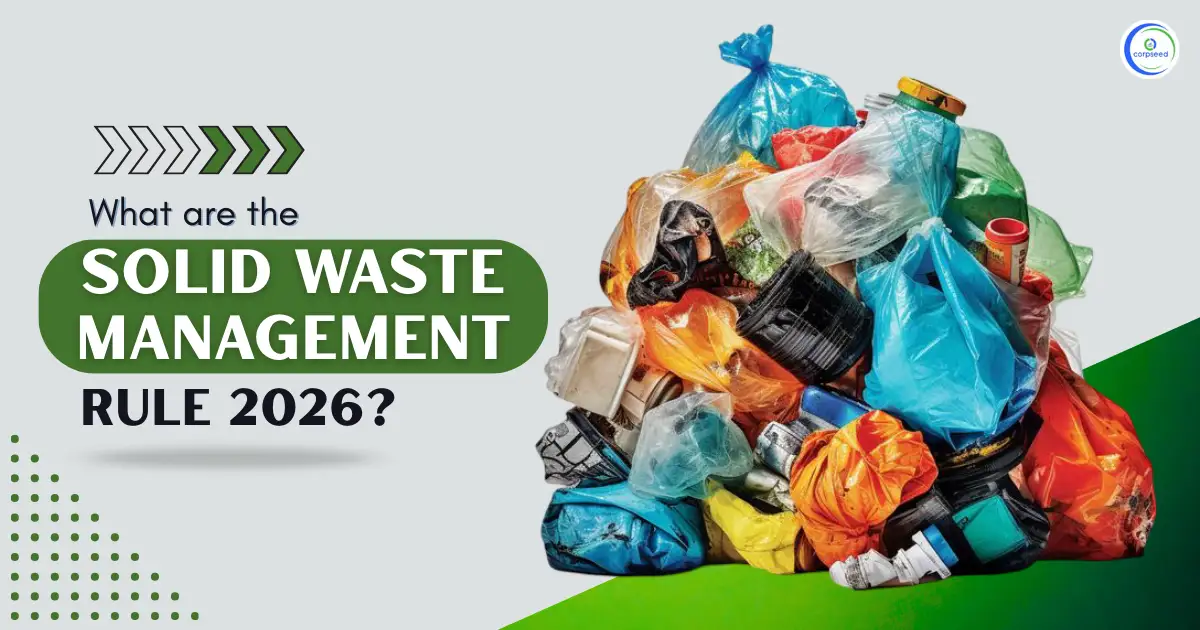
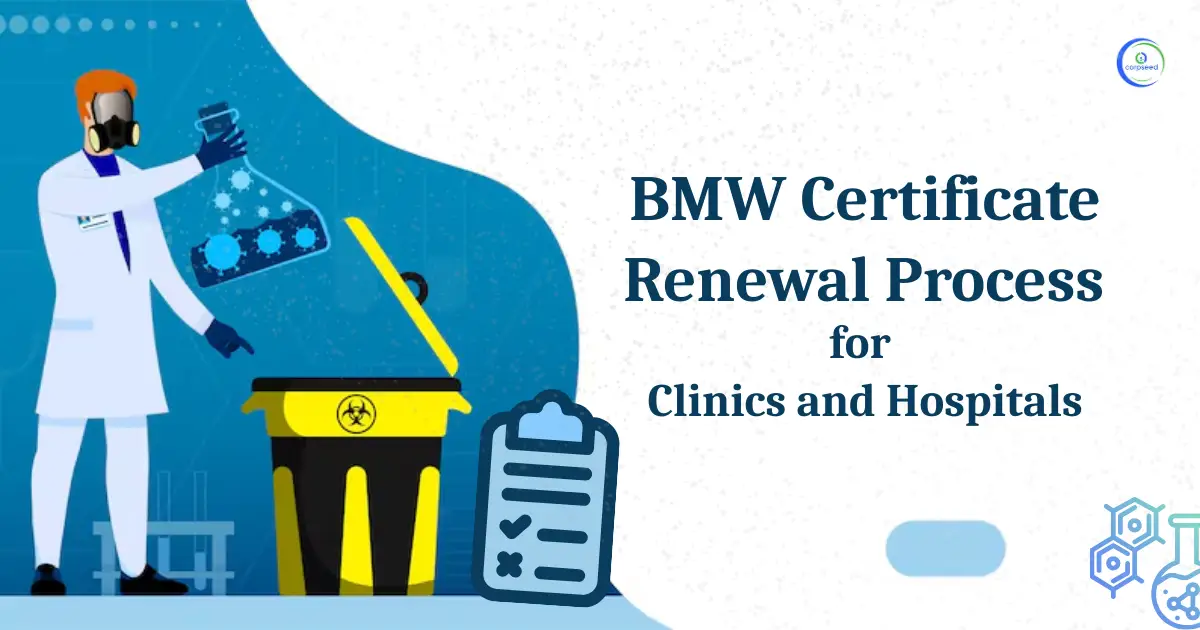
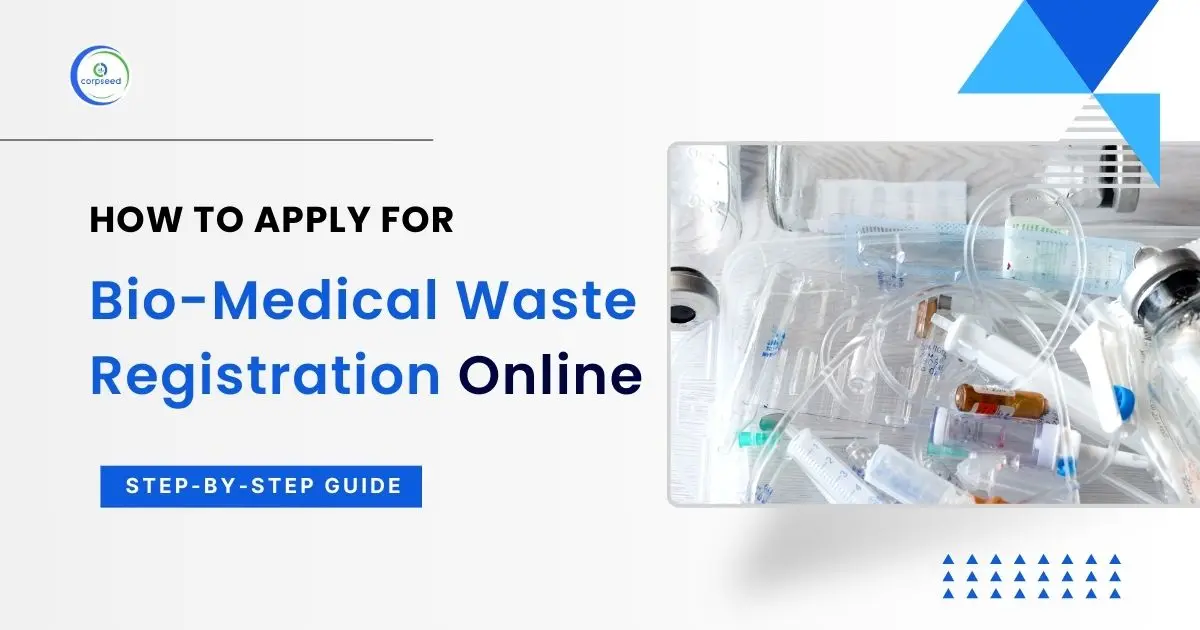
.webp)

